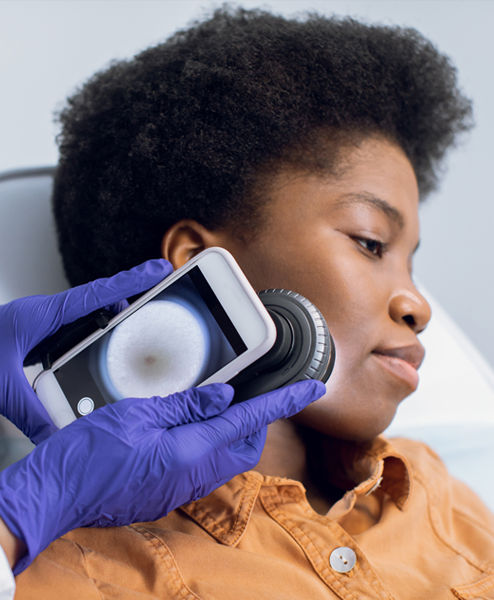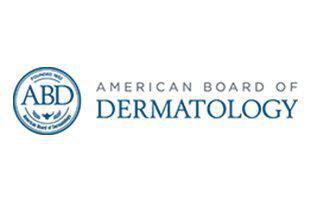What’s skin cancer?
When abnormal cells grow out of control on your skin, you develop skin cancer. Abnormal cells result from DNA damage — often from sunlight or artificial sun in tanning beds. This triggers mutations that cause tumors. Genetic defects are also to blame.
Is skin cancer fatal?
Multiple types of skin cancer exist, and if not treated, all may lead to serious complications. Even more benign types indicate that you’ve had an abundance of exposure to sunlight and are vulnerable to developing more dangerous cancerous versions. When caught early, most skin cancer is treatable, and people experience a full recovery. The key is to catch the signs of skin cancer as soon as possible.
Melanoma is a particularly deadly form of skin cancer. It accounts for less than 1% of skin cancer cases, but is responsible for the vast majority of the fatalities due to skin cancer.
Who should get screened?
Everyone; 1 in 5 people develop skin cancer in their lifetime. According to the Skin Cancer Foundation, more than 5.4 million cases of nonmelanoma skin cancer are treated each year. People who spend a lot of time outdoors and those who have fair coloring are particularly at risk, but skin cancer doesn’t discriminate.
How do I prevent skin cancer?
Most skin cancer occurs because of sun exposure or exposure to tanning beds. Staying covered with clothing or spending time in the shade helps. You should also regularly use an SPF 30 or higher sunscreen. The Skin Cancer Foundation reports that using this level of protection reduces your risk of developing squamous cell carcinoma by 40% and melanoma by 50%.
I have a dark complexion, am I still at risk?
Yes. Blacks, Asians, Hispanics, and Native Americans can all develop skin cancer. Often, because it can be harder to see moles and dark spots, people with darker complexions get diagnosed only in later stages, which can complicate treatment and recovery.
How is skin cancer treated?
Treatment depends on the type of skin cancer you have. Dr. Shabazz does a thorough evaluation and biopsy any suspicious moles or lesions. Chemical peels, cryosurgery, extraction, radiation, and laser therapy are all possible options, depending on the diagnosis. Most of the time, you’re sent home the same day as the procedure and given instructions to keep your skin healthy for the future.















